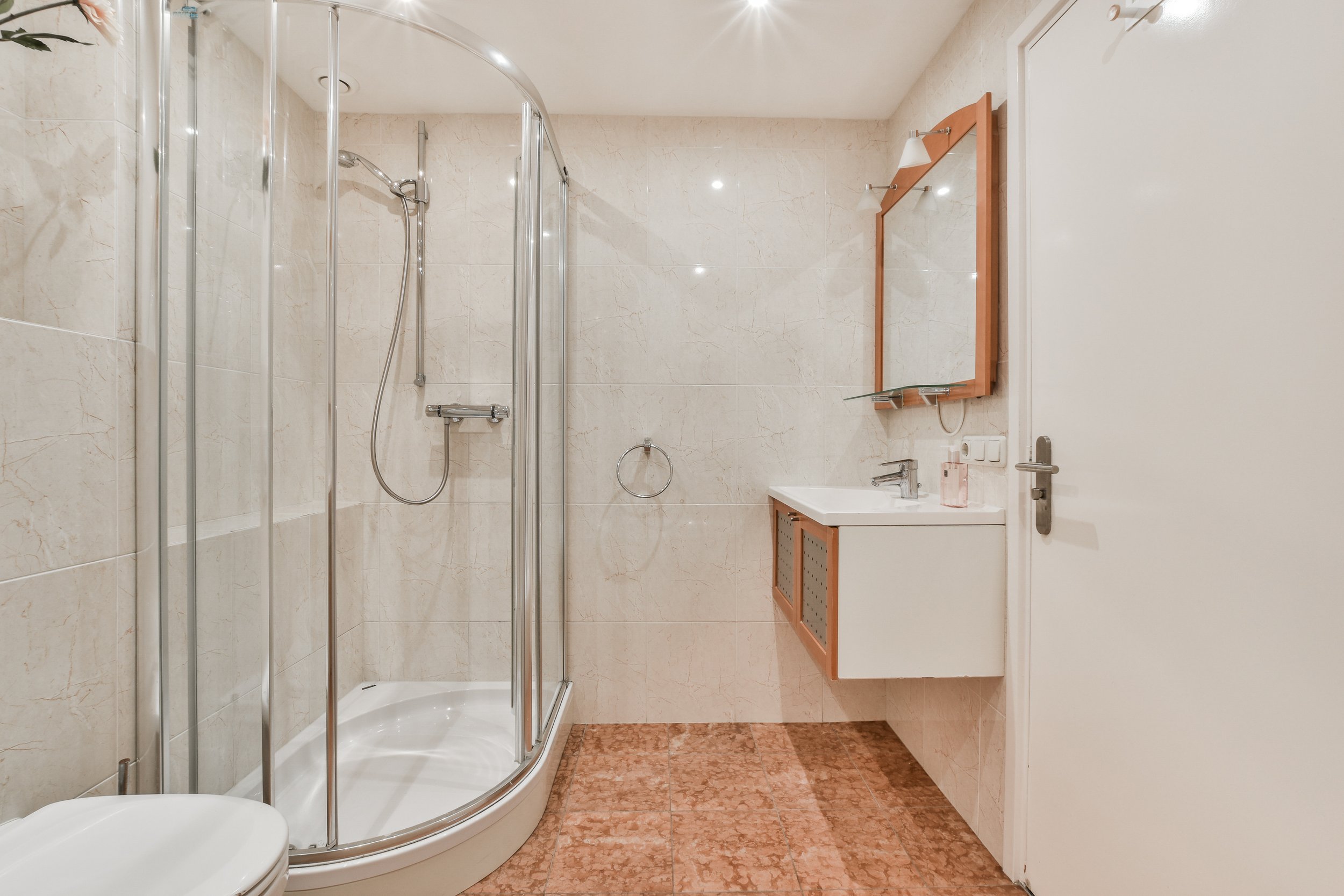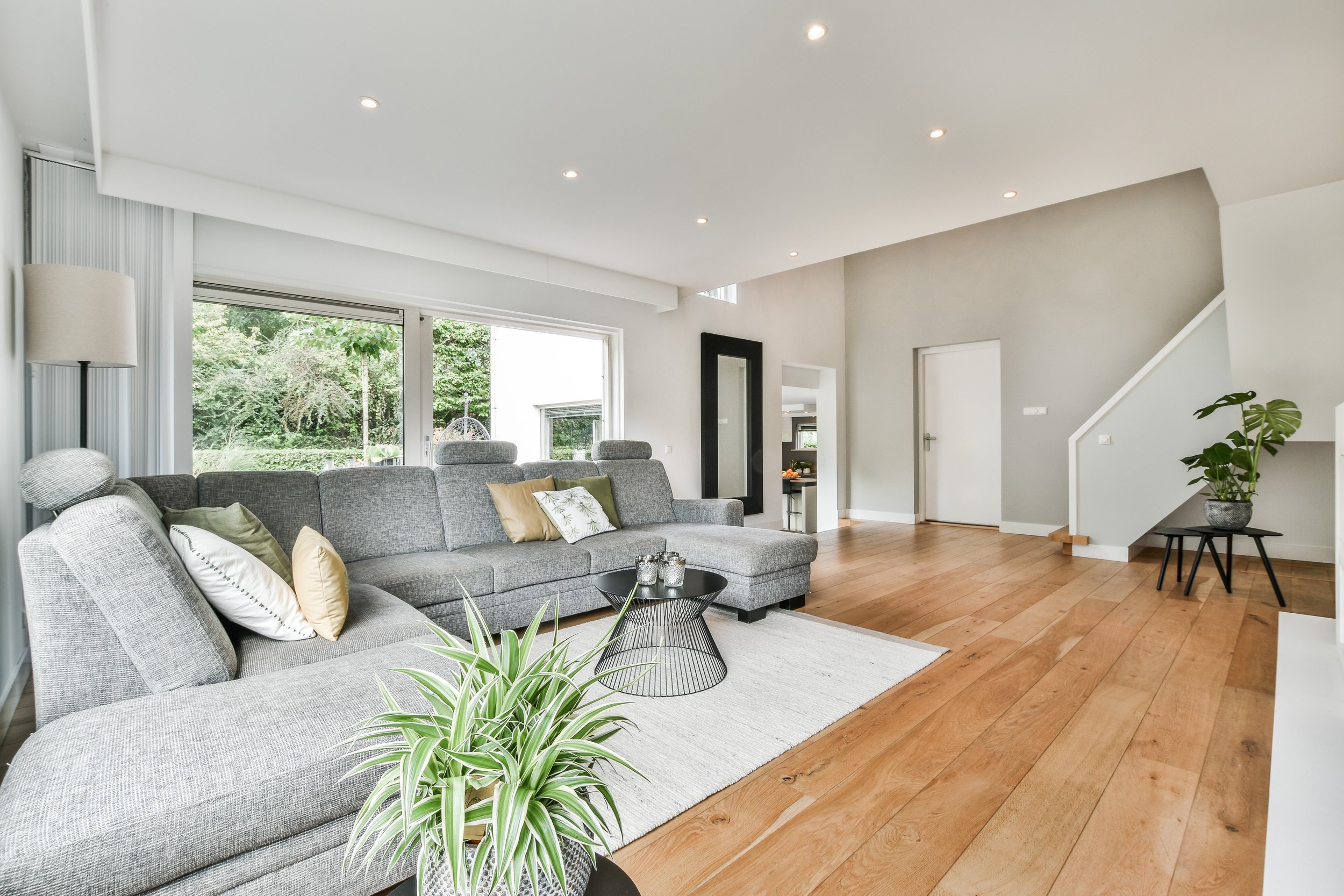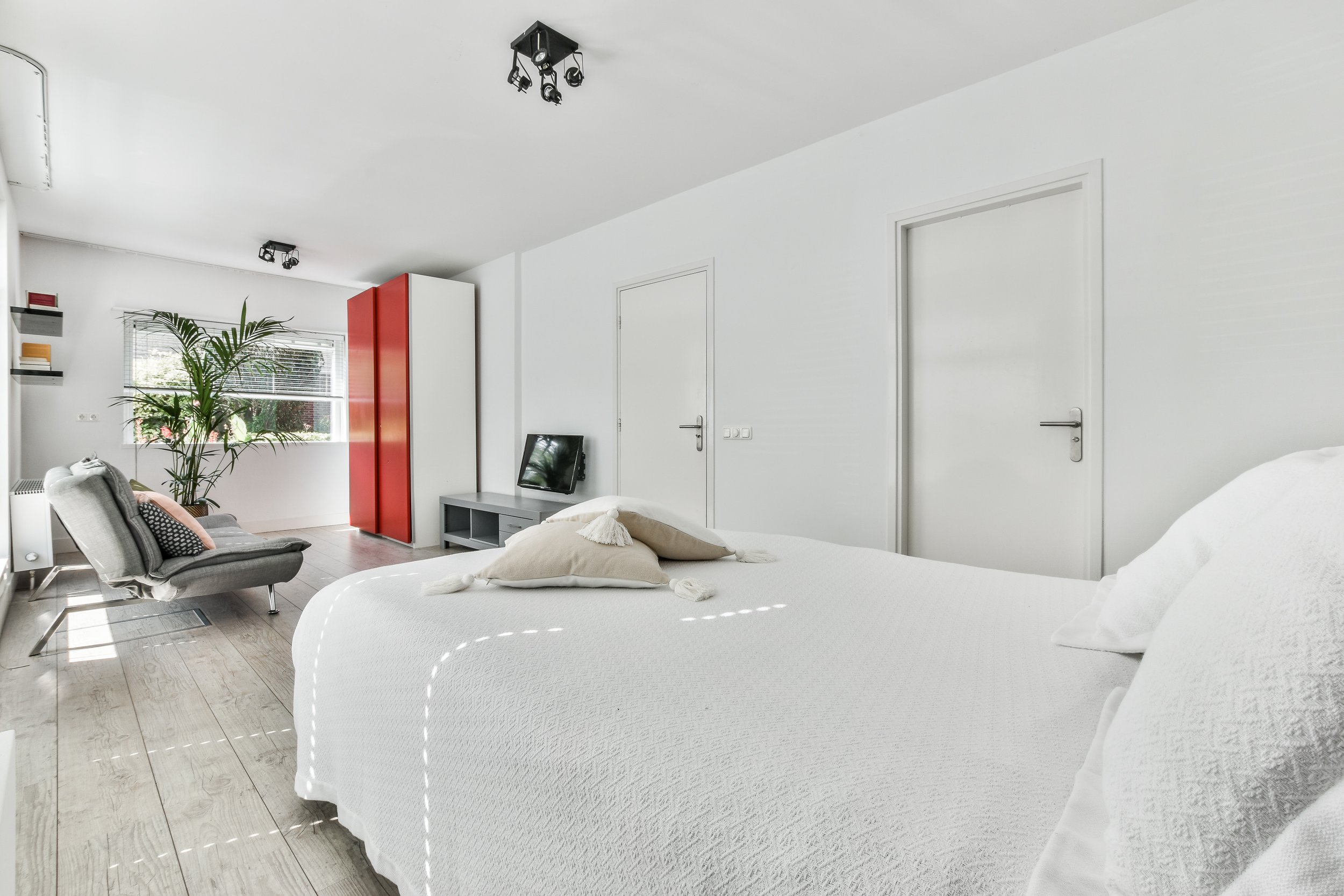What Is the Most Expensive Part of Finishing a Basement in Johns Creek? Costs You Need to Know
Homeowners in Johns Creek often start a basement project with a rough budget in mind, then discover a few line items dominate the total. The biggest costs come from items that change the structure, utility capacity, and code compliance of the space. Prices shift based on square footage, design choices, and existing conditions, but the pattern stays consistent across the Atlanta metro.
This guide breaks down where money goes, what drives increases, and how to avoid overruns without cutting corners. It also explains how a local contractor like Heide Contracting approaches pricing in Johns Creek, Alpharetta, Duluth, and nearby neighborhoods.
The big-ticket items that drive basement cost
The single most expensive part of finishing a basement is usually mechanicals and infrastructure upgrades. That bundle includes HVAC, electrical, plumbing, and moisture control. Framing, drywall, and finishes add cost, but they rarely outpace the price of utility capacity and water management in greater Atlanta’s clay-heavy soil and humid climate.
On a typical 900 to 1,200 square foot Johns Creek basement, expect a full finish to range from $55,000 to $120,000. Within that, mechanicals and infrastructure often land between 35% and 50% of the total. If you add a bathroom, wet bar, or home theater with extra power and ventilation, that share grows.

Why mechanicals take the lead in Johns Creek
HVAC work is often the first major spike. Many homes in St Ives, Sugar Mill, Medlock Bridge, and The Preserve have systems sized for the main floors only. Extending ductwork is the easy part; making the system meet load is the cost driver. You might need a new zone, a variable-speed air handler, or a ducted mini-split. This can run from $4,000 for simple zoning to $15,000 or more for added capacity with dehumidification. Atlanta summers make dedicated moisture control a smart investment, especially in basements with few exterior walls.
Electrical upgrades follow. Code requires dedicated circuits for certain loads, AFCI and GFCI protection, and proper lighting levels. If your main panel lacks space, a subpanel or a service upgrade may be necessary. New circuits, lighting, outlets, low-voltage runs, and panel work can range from $5,000 to $12,000 depending on layout and features. A home theater with dimmable layers, step lights, and equipment power creeps to the top of that range.
Plumbing costs spike when adding a bathroom or wet bar. Basements below the main drain line need an ejector pump. Breaking concrete to trench lines, setting the pump basin, tying into vents, and finishing tile adds both labor and time. A half bath might start around $8,000, while a full bath with tile shower and quality fixtures can pass $18,000. Relocating lines or poor access can add several thousand.
Moisture control: the quiet budget breaker
Water is the wild card in North Fulton and Gwinnett. A dry basement this spring can show seepage after a stormy fall. Proper moisture control includes exterior grading fixes, interior perimeter drains, sump pumps, vapor barriers, and closed-cell foam or rigid foam at rim joists. Skipping this step risks mold and damaged finishes.
A simple interior drain with a sump often lands between $3,500 and $8,000. Add wall encapsulation or structural crack injection and the cost rises. It is still cheaper than tearing out https://www.heidecontracting.com/basement-finishing finished space later. Experienced crews check for hydrostatic pressure, efflorescence, and seasonal groundwater patterns before framing.
Framing, drywall, and insulation: predictable, but not trivial
Once infrastructure is set, framing and drywall bring the space to life. In Johns Creek, many basements have steel posts, low beams, and angled stairs that require creative soffits. Framing and drywall might run from $12 to $18 per square foot for most layouts. Insulation choices matter. Building science in humid climates favors rigid foam against concrete, mineral wool in framed walls, and spray foam at the rim. Using batt insulation directly on concrete is a common mistake that leads to condensation.
Ceiling decisions also move cost. A drywall ceiling looks finished but limits access. A quality drop ceiling with modern tiles often costs slightly more upfront, yet it pays back during future service calls on plumbing or low-voltage systems.
Finishes, flooring, and millwork: style sets the spread
Finish selections swing the total. Luxury vinyl plank built for basements is popular in Johns Creek because it handles humidity, looks sharp, and cushions noise with the right underlayment. Expect $4 to $8 per square foot installed for midrange products. Engineered hardwood rated for below-grade use costs more and needs a flat slab and moisture testing.
Custom built-ins, bars, and accent walls add value and function. A simple painted media wall may be under $2,000, while a full bar with stone top, ice maker, undercounter fridge, and backsplash can pass $12,000. Trim, doors, and stair upgrades can add another $3,000 to $10,000 depending on profiles and materials.
Permits, engineering, and inspections
Johns Creek permitting is straightforward but specific. Finishing a basement requires drawings, smoke and CO detector integration, egress compliance, and sometimes a structural engineer letter if altering beams or cutting into new openings. Permit and inspection fees typically range from $600 to $1,800. Plans, revisions, and structural letters add to that. A clean permit process smooths inspections and prevents rework.
Where the budget gets blown — and how to avoid it
Change orders usually come from hidden conditions or late design changes. Hidden moisture, under-sized HVAC, and low ceiling beams are common culprits. Late additions like a second bathroom or a stone feature wall multiply costs because they force rework.
A practical approach keeps the budget steady:
- Confirm moisture conditions during a wet week before closing design.
- Run an HVAC load calculation for the full house with the basement finished.
- Decide on bathroom count and locations before slab cuts start.
- Choose ceiling type early, based on how much future access you want.
- Lock lighting and low-voltage plans before insulation.
Real numbers from local scenarios
A basic family room with a small office in a 1,000 square foot Johns Creek basement, no bathroom, one new HVAC zone, LVP flooring, painted drywall ceiling, and standard trim often falls between $65,000 and $85,000. The HVAC and electrical portions can reach $20,000 of that, especially with zoning and lighting packages.
Add a full bath and a wet bar, and the same basement can move into the $95,000 to $125,000 range. The bathroom and bar plumbing plus tile and fixtures usually represent $20,000 to $35,000 of the increase. High-end finishes or a theater build-out with acoustic treatments push higher.
Egress, safety, and code details that influence price
Many Johns Creek homes have at least one compliant egress, but not all. Cutting in an egress window in poured concrete demands excavation, a well, drainage, lintel support, and finishing. Costs often land between $5,000 and $10,000. Smoke and CO detectors must interconnect across levels. Stair geometry, handrail, and headroom also get inspected. Fixing a noncompliant stair can add carpentry and drywall time that people rarely plan for.
How to choose a contractor for a Johns Creek basement
Local experience matters. Soil, drainage patterns, and inspection habits vary from Johns Creek to Peachtree Corners and Roswell. Ask for recent projects within a few miles of your home, and check how the contractor handles moisture diagnostics, load calculations, and permit drawings. A team that prepares for those three items avoids most budget surprises.
If you are searching for best basement finishing companies near me, focus on firms that show clear scopes, line-item budgets, and realistic allowances. The low bid that excludes HVAC upgrades or moisture work will cost more later.
What Heide Contracting does differently
Heide Contracting starts with a site walk during or after rain whenever possible. The team inspects slab edges, cold joints, and rim joists, then builds moisture control into the plan. An HVAC partner runs a load calculation to confirm capacity and zoning rather than guessing. This prevents the expensive mid-project discovery that the existing system cannot carry the added space.
Design is simplified and documented before demo. Lighting layouts, low-voltage runs, and plumbing points are coordinated so slab cuts and ceiling framing happen once. Homeowners in Johns Creek, Alpharetta, and Suwanee see steady timelines because trades move in sequence without rework.
Timelines and phasing
A straightforward 1,000 square foot finish without a bathroom often takes 6 to 8 weeks after permits. Add a bathroom and a bar, and the schedule moves to 8 to 12 weeks. Material lead times can shift this. Tile, custom doors, and specialty fixtures cause delays if ordered late. A locked design and early ordering keeps the calendar firm.

Where to spend and where to save
Spend on moisture control, HVAC capacity, and electrical infrastructure. Those items protect the investment and comfort. Save by simplifying shapes and transitions. Straight soffits cost less than a maze around every duct. A quality drop ceiling can reduce future service costs. Use durable midrange flooring and reserve high-end material for focal zones like the bar or theater wall.

Ready to price your Johns Creek basement?
A clear, local estimate starts with good information about your home. Heide Contracting provides site visits in Johns Creek, Alpharetta, Duluth, Peachtree Corners, and North Atlanta. Share square footage, desired rooms, ceiling height, and whether you want a bathroom or bar. Expect a line-item proposal that shows where the money goes, with options for HVAC, moisture control, and finishes.
Searching best basement finishing companies near me will yield plenty of names. A direct conversation with a local team will tell you more. Call Heide Contracting or request a visit online to get a realistic number and a plan that prevents surprises.
Heide Contracting provides renovation and structural construction services in Atlanta, GA. Our team specializes in load-bearing wall removal, crawlspace conversions, and basement excavations that expand and improve living areas. We handle foundation wall repairs, masonry, porch and deck fixes, and structural upgrades with a focus on safety and design. Whether you want to open your floor plan, repair structural damage, or convert unused space, we deliver reliable solutions with clear planning and skilled work. Heide Contracting
Atlanta,
GA,
USA
Phone: (470) 469-5627 Website:
https://www.heidecontracting.com,
Basement Conversions
Instagram: @heidecontracting
Facebook: Heide Contracting